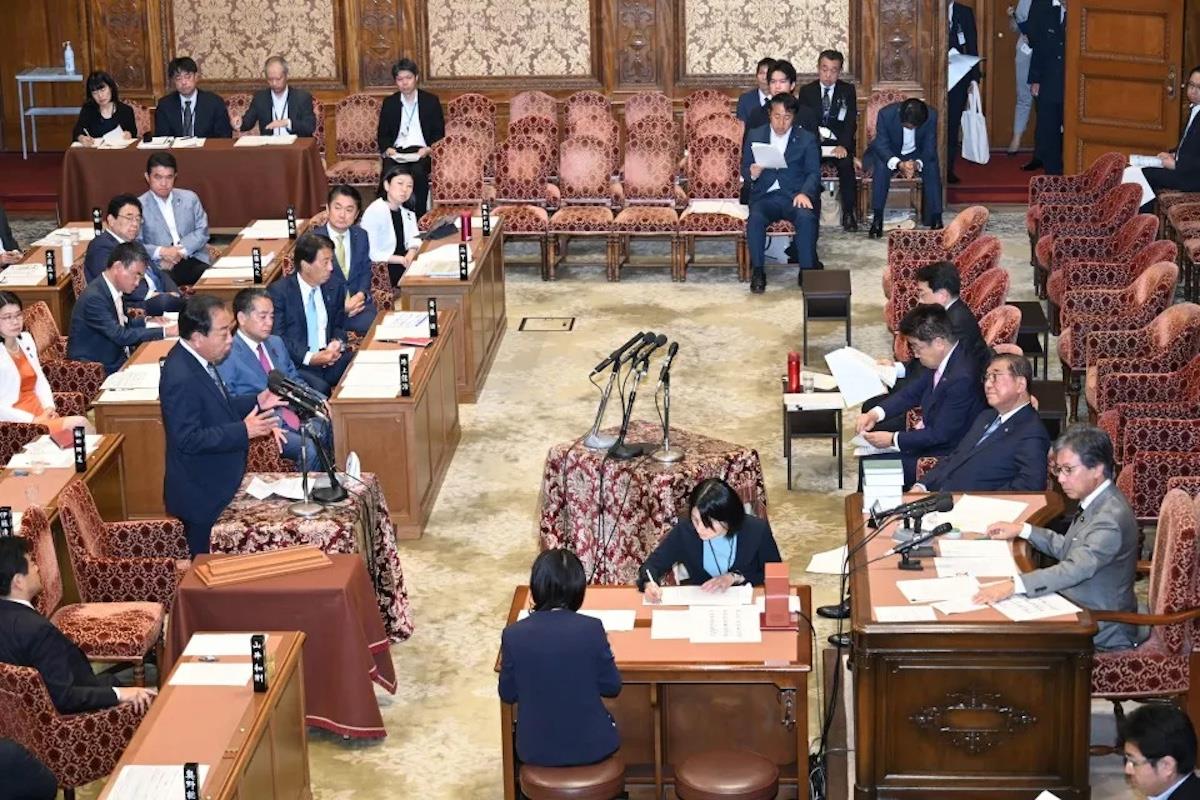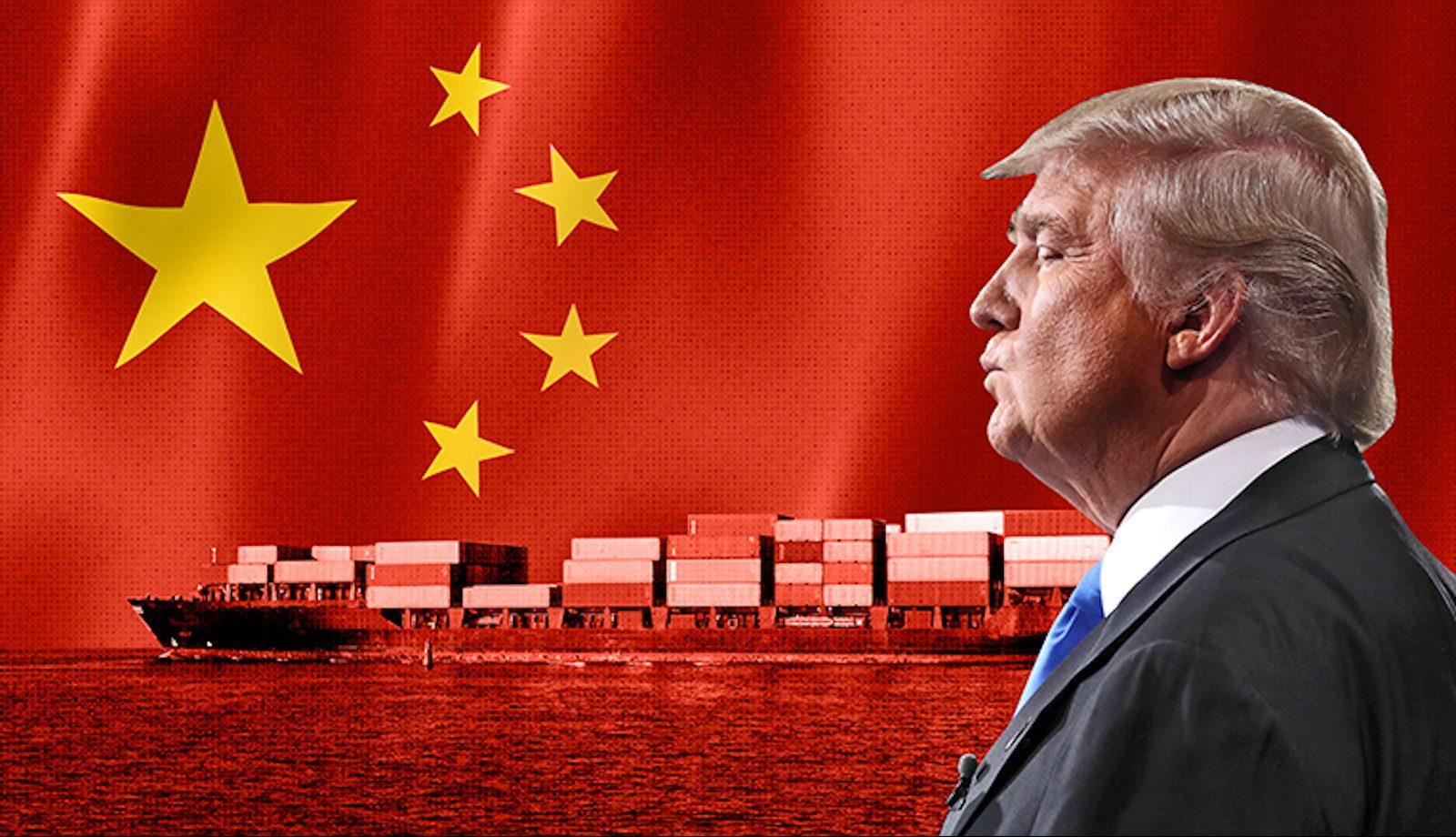
Japan's Political Battles Animated By Hidden War Over History
This dimension of the political battles emerged into the open this past week when the embattled Prime Minister Ishiba Shigeru seemed to back away from his plan to issue a potentially landmark statement to mark the eightieth anniversary of the end of the war on August 15.
The Japanese media reported last week that Ishiba had changed his mind when faced with fierce resistance from the right wing of the Liberal Democratic Party, mostly but not entirely followers of the late Prime Minister Abe Shinzo.
For these conservatives, the last words on the meaning of the war were uttered by Abe in his seventieth anniversary statement. Fearing what Ishiba might say, they mounted a growing campaign to demand that he back off from his plans.
“I believe it is unnecessary and will cause unnecessary confusion,” argued Nishimura Yasutoshi, a former Minister of Economy, Trade and Industry and a former senior member of the Abe faction in the party.
They are leading the charge to force Ishiba to step down after the election results led to the loss of the majority in the Upper House for the ruling LDP-Komeito coalition.
As the Asahi Shimbun put it:
But in answer to a question from an opposition leader in the Budget Committee of the House of Representatives on Monday, August 4, Ishiba left open the possibility he may still issue some kind of eightieth anniversary statement as a personal message rather than a formal cabinet-approved document, which carries more weight.
“We must not let history fade away,” Ishiba replied .“We need to make active and proactive efforts to prevent this from fading away. Regardless of the formality, it is necessary to issue a statement to ensure that war never happens again.”
The anniversary statement over timeThe wars over anniversary statements are not new – they are, in fact, one of the most significant battlegrounds in the fight over Japan's past.
The baseline for Japan's official view of the war remains the statement issued in 1995 by Prime Minister Murayama Tomiichi, a Socialist who had joined an unusual coalition government with the LDP.
For the first time , a Japanese leader not only marked the end of the war but apologized directly for Japan's aggression and colonization in Asia. He expressed“deep remorse” and“heartfelt apology” for“tremendous damage and suffering to the peoples of many countries, particularly those of Asian nations” that Japan caused“through its colonial rule and aggression.”
From the start, this was a target of attack from those in the LDP who embraced revisionist views of the war, regarding it as a justified act of self-defense, of liberation of Asia from Western colonial rule, who focused on Japan's victimization and condemned apologies as acts of“masochism.”

Legal Disclaimer:
MENAFN provides the
information “as is” without warranty of any kind. We do not accept
any responsibility or liability for the accuracy, content, images,
videos, licenses, completeness, legality, or reliability of the information
contained in this article. If you have any complaints or copyright
issues related to this article, kindly contact the provider above.



















Comments
No comment